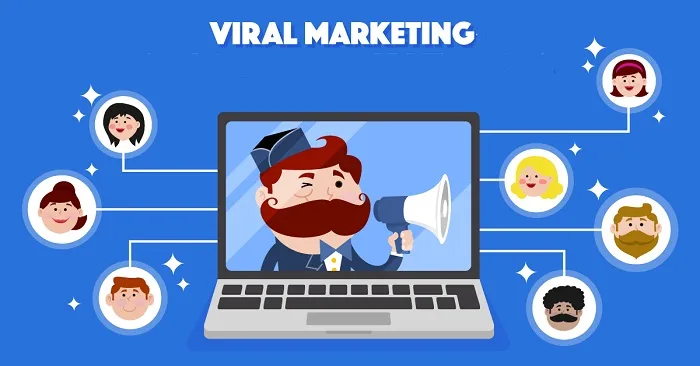Mastering Viral Marketing: Your Ultimate Guide

Viral marketing, also known as buzz marketing, is a powerful strategy that relies on individuals spreading a marketing message to others like a virus. While it may seem like a modern phenomenon, the concept of viral marketing traces back to the 1990s with the emergence of the internet. With the rise of social media and digital communication, viral marketing has become an integral part of marketing strategies for businesses worldwide.
How Viral Marketing Works
Viral marketing leverages existing social networks to promote a product or service. It typically starts with a compelling piece of content, such as a video, meme, or hashtag, that captures the audience’s attention. When individuals find the content engaging or share-worthy, they distribute it to their network, leading to exponential growth in reach and engagement. This organic spread is what makes viral marketing so powerful, as it can generate massive exposure at a relatively low cost.
Tips for Successful Viral Marketing
- Create Shareable Content: Develop content that evokes emotions, sparks curiosity, or provides value to your audience, increasing the likelihood of it being shared.
- Utilize Social Media Platforms: Leverage popular social media platforms like Facebook, Twitter, and Instagram to reach a wider audience and encourage sharing.
- Engage Influencers: Collaborate with influencers or thought leaders in your industry to amplify your message and reach new audiences.
- Encourage User Participation: Foster user-generated content and encourage your audience to participate in challenges, contests, or hashtag campaigns.
Effectiveness of Viral Marketing
Viral marketing can be highly effective in generating brand awareness, increasing engagement, and driving conversions. By harnessing the power of social networks, businesses can reach a large audience quickly and cost-effectively. However, it’s essential to note that not all viral campaigns succeed, and there’s no guaranteed formula for virality. Success often depends on factors such as timing, relevance, and the emotional resonance of the content.

Examples of Effective Viral Marketing
Several brands have executed successful viral marketing campaigns that have propelled them to fame and increased their brand visibility. One notable example is Blendtec’s “Will It Blend?” series, where the company blended various items, including iPhones and golf balls, to demonstrate the power of its blenders. Another example is Dove’s “Real Beauty Sketches,” which challenged societal perceptions of beauty and garnered widespread attention and praise.
Future Trends in Viral Marketing
As technology continues to evolve, viral marketing is likely to become even more prevalent and sophisticated. With the rise of augmented reality and virtual reality, brands will have new opportunities to create immersive and shareable experiences for their audience. Additionally, personalization and AI-driven content will enable brands to deliver targeted and relevant content that resonates with individual users, increasing the likelihood of virality.
